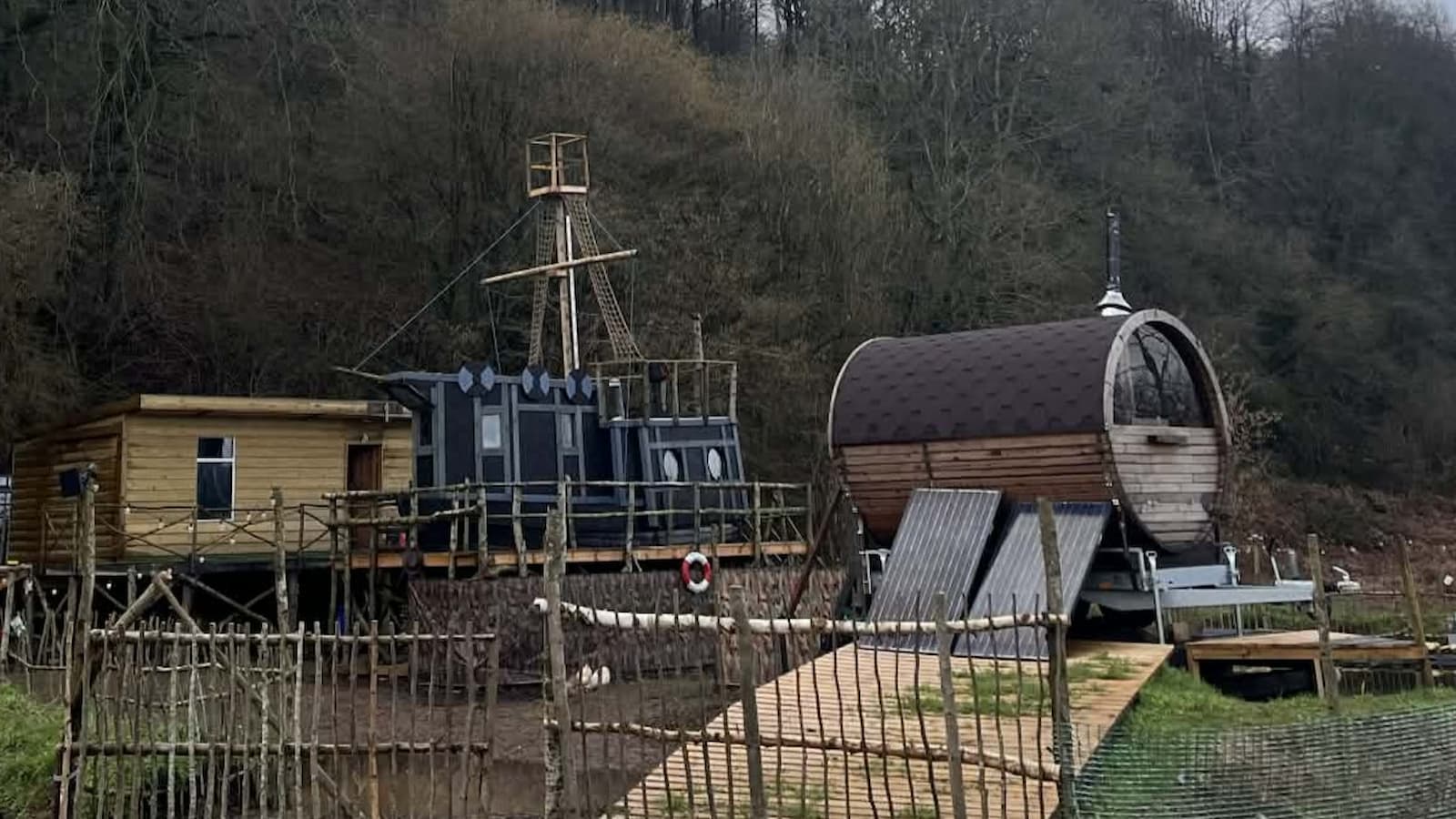Energy price rises more than expected as costs rise to £1,849 in April
The latest energy price rises mean average annual costs will rise by around £111 a year

Energy price rises are to increase to £1,849 from the start of April for the average household.
It was previously predicted the energy price cap would rise but only by 3% (£1,785) but the actual rise will be 6.4% in a further blow to household budgets.
In our guide, we explain why these price rises are occurring, how much your bills could be set to increase and practical energy-saving tips to help those with costs.
How much higher will energy bills be?
From April 1, 2025, the energy price cap will rise by £111 per year, bringing the annual cost for an average dual-fuel household paying by Direct Debit to £1,849. This increase equates to an additional £9.25 per month.
Compared to this time last year, when the cap was set at £1,690, bills will be 9.4% (£159) higher. However, the current price cap remains £531 (22%) lower than the peak of the 2023 energy crisis, when the government’s Energy Price Guarantee was in place.
Jonathan Brearley, CEO of Ofgem, acknowledged the financial pressure on households, stating: “We know that no price rise is ever welcome, and that the cost of energy remains a huge challenge for many households.”

What has caused the increase in energy prices?
The primary driver behind the price cap increase, according to Ofgem, is the spike in wholesale energy prices, which accounts for 78% of the total rise. Additional costs, including policy expenses and inflationary pressures, make up the remaining 22%.
Bring your dream home to life with expert advice, how to guides and design inspiration. Sign up for our newsletter and get two free tickets to a Homebuilding & Renovating Show near you.
Brearley explained the ongoing volatility: “Our reliance on international gas markets leads to volatile wholesale prices and continues to drive up bills, which is why it’s more important than ever that we’re driving forward investment in a cleaner, homegrown system.”
Despite some stabilisation in the energy market since the crisis, global supply chain issues and the UK’s dependence on imported gas continue to impact prices.

What government support is available?
To help offset rising costs, the government is expanding the Warm Home Discount, which will now provide financial support to nearly three million households most in need.
Additionally, Ofgem is working on a Debt Relief Scheme, which could:
- Write off unmanageable energy debts.
- Help customers pay off debt through ‘debt matching’ - where suppliers contribute towards repayment plans.
Brearley emphasised the importance of addressing energy debt, which has reached record levels of £3.8 billion: “Energy debts that began during the crisis have reached record levels and, without intervention, will continue to grow. This puts families under huge stress and increases costs for all customers.”
For those struggling to pay their energy bills, Brearley urged action: “If anyone is worried about paying their bills, I would urge them to reach out to their supplier to make sure they’re getting all the help they can.”
Although, customers currently in need of help with heating oil costs must individually register with each utility company. The joint priority services register would combine the existing databases of energy firms and other utility services, including water suppliers, to make it easier for customers to find which provider offers them the right support.
The government also launched an energy MOT service to help households establish how to make energy-saving improvements to their homes.
How you can lower your energy bills
There are initiatives in place to provide homeowners with financial assistance in making energy efficiency improvements, including insulation grants
We've put together a comprehensive list of energy saving tips to help you navigate the energy crisis and lower your heating bills.
Included are some quick fixes you can do in the short-term, such as swapping to LED light bulbs, and higher-value improvements which come from making long-term investments in your energy efficiency, such as making sure your home has efficient insulation.
Energy companies also recommend submitting accurate meter readings to avoid overpaying based on estimates. Additionally, shopping around for fixed-price deals or reducing energy usage can help manage costs.
Will energy prices rise or fall in the future?
Predicting future energy prices remains challenging due to the volatility of international gas markets.
While prices have dropped significantly since the peak of the energy crisis, the reliance on imported energy means further fluctuations are possible. However, Ofgem continues to encourage investment in cleaner, homegrown energy sources, which could provide more stability in the long term.
For now, households are advised to shop around for the best energy deals. With 11 million customers now on fixed tariffs, securing a competitive fixed-rate deal could provide more certainty over future costs.

News Editor Joseph has previously written for Today’s Media and Chambers & Partners, focusing on news for conveyancers and industry professionals. Joseph has just started his own self build project, building his own home on his family’s farm with planning permission for a timber frame, three-bedroom house in a one-acre field. The foundation work has already begun and he hopes to have the home built in the next year. Prior to this he renovated his family's home as well as doing several DIY projects, including installing a shower, building sheds, and livestock fences and shelters for the farm’s animals. Outside of homebuilding, Joseph loves rugby and has written for Rugby World, the world’s largest rugby magazine.
- Amy WillisWeb Editor
